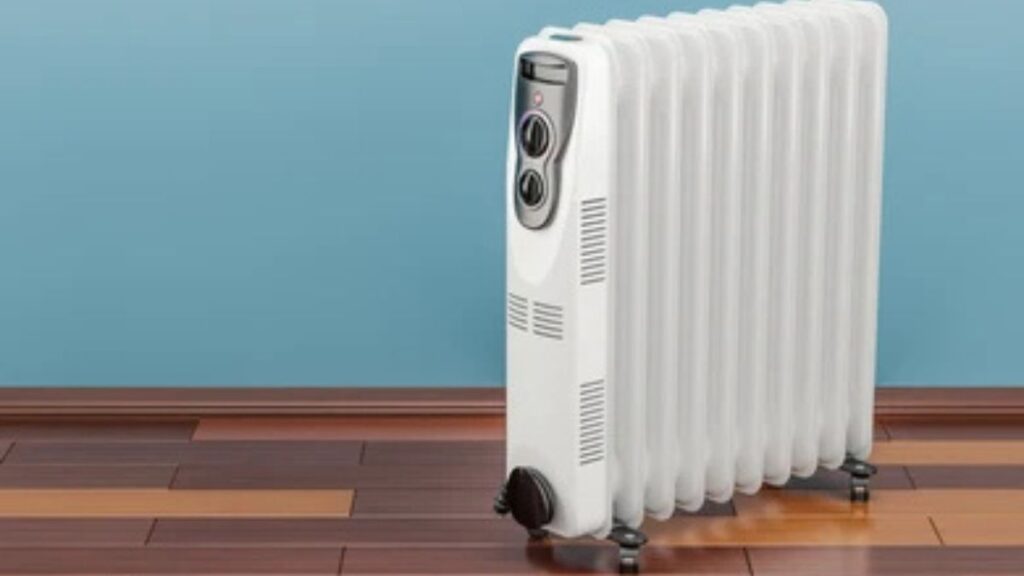Heating large spaces calls for reliable equipment built to handle demanding conditions. Whether you run a warehouse, a manufacturing plant, or a construction site, the right industrial-grade heater can keep your operations on track. Many models are on the market, each offering different benefits. The following tips will help guide you through the process of making a well-informed decision.v
Determine Your Specific Heating Needs
Before committing to any purchase, consider the type of work environment and how often you plan to use the equipment. Some industries face variable workloads and seasonal demands. In these situations, it makes sense to try temporary solutions. You might explore an industrial heater for rent if you need a flexible option that suits short-term projects. Beyond that, look at the space you need to heat, the intensity of the cold season, and how long the unit must run each day. Spaces with high ceilings or poor insulation may need heaters with greater heating capacity. On the other hand, smaller areas require less output, which could mean a more compact model with simpler controls.
Compare Fuel Types and Heater Configurations
Industrial-grade heaters run on various fuels, including propane, natural gas, diesel, kerosene, or electricity. Each type affects cost, handling, and performance. Propane and natural gas often deliver steady heat output and may be suitable for large facilities. Diesel and kerosene models tend to work well where you need portable heaters since they can be moved around without a fixed fuel line. Electric heaters rely on a stable power source and create no combustion byproducts, making them a good fit for areas that must remain free of fumes. Some heaters use radiant heat, warming objects and surfaces directly, while others rely on forced air, which circulates warm air throughout the space. Assess the practicalities of each fuel type and heating method so you can choose a model that aligns with your working conditions.
Consider Energy Consumption and Running Costs
Upfront pricing is only part of the picture. An industrial-grade heater should be cost-effective over its entire lifespan. Energy consumption influences operating expenses and environmental impact. Compare heaters by looking at how much fuel or electricity they require per hour. A heater designed for energy efficiency can save substantial amounts over time, lowering the cost of doing business. It may help to weigh whether a slightly higher initial price leads to long-term savings. Investing in a more efficient heater often pays off through stable operation and fewer interruptions. Pay attention to the manufacturer’s specifications and seek out models tested for performance and reliability.
Check Safety Features and Compliance
Work environments involving flammable materials or sensitive processes require careful consideration of safety. An industrial-grade heater should have proper safety features such as emergency shut-off valves, flame detection devices, and clear ventilation guidelines. Look for models backed by recognized certifications. Industry standards ensure that products have met testing requirements for safe operation. Keep in mind that correct installation and maintenance can prevent issues down the line. Even a well-built unit fails to meet expectations if not properly cared for. Discuss safety options with suppliers and remember that the best heater is one that safeguards both personnel and property.
Evaluate Construction Quality and Durability
Longevity matters. A robust heater made from solid materials will withstand intense workloads, rough handling, and challenging conditions. Consider the kind of housing materials used and the quality of internal components. Units with corrosion-resistant finishes and sturdy frames can remain functional for years. Inspect welds, fittings, and connections if you have the chance. Ask about the typical service life of the model you are considering, as well as any warranties or maintenance plans the supplier provides. A heater built for heavy-duty use reduces downtime and repair costs, contributing to a stable work environment.
Seek Guidance from Reputable Suppliers
The right supplier can offer valuable insights that reach beyond basic product descriptions. Engage in conversations with professionals who have experience in your industry. They can suggest models and brands that meet your conditions. It helps if the supplier offers after-sales support and maintenance services. That way, if something goes wrong, you can count on quick repairs or replacements. Ask about customer testimonials or case studies. Hearing how other businesses solved heating challenges can help steer you toward a suitable unit. Building a relationship with a dependable supplier sets the stage for ongoing support rather than a one-time transaction.
Choosing the right industrial-grade heater involves careful planning and detailed research. Every environment is unique, and the equipment you select must perform reliably under your specific working conditions. The goal is to maintain productivity, protect workers and equipment, and control operating costs. By considering these practical tips, you are better positioned to find a heater that meets your needs and supports your business operations.







